Ensure Compliance with Food Safety Standards Today
Lab-Grown Meat and Food Safety Regulations
Lab-grown meat, or cultured meat, has gained attention as a revolutionary food technology. This method cultivates animal cells in controlled environments, eliminating animal raising and slaughtering. Lab-grown meat offers a sustainable alternative to traditional meat but raises important food safety questions. Producers and consumers must understand these regulations as this product becomes more common.
What is Lab-Grown Meat?
Producers culture animal muscle cells in bioreactors, allowing them to grow and multiply. Unlike conventional meat, lab-grown meat requires fewer land, water, and feed resources. Developers can create lab-grown meat with specific nutritional profiles, addressing health concerns linked to traditional meat. However, thorough safety evaluations must occur before marketing lab-grown meat to consumers.
The Regulatory Landscape
Governments worldwide establish regulations to ensure lab-grown meat’s safety and quality as it enters the mainstream market. In the U.S., the Food and Drug Administration (FDA) and the United States Department of Agriculture (USDA) share oversight. The FDA evaluates the safety of cell lines used in production, while the USDA inspects production facilities and manages product labeling. This collaborative approach ensures lab-grown meat meets conventional meat safety standards.
Key Regulations to Consider
1. **Safety Assessments**: Lab-grown meat products undergo rigorous safety assessments before reaching the market. Evaluations analyze production risks and nutritional content. The FDA requires companies to submit detailed information about cell lines and culture media, ensuring all components are safe.
2. **Labeling Requirements**: Regulations mandate clear labeling for consumer transparency. Lab-grown meat must accurately reflect its production process. This transparency allows consumers to make informed purchasing decisions. Labels should indicate if the product is lab-grown and include relevant nutritional information.
3. **Inspections**: Regular inspections maintain food safety standards. Lab-grown meat producers must follow strict guidelines to ensure safe and hygienic operations. The USDA conducts inspections to verify compliance with safety protocols, similar to traditional meat production.
4. **Traceability**: Food safety regulations stress the importance of traceability. Producers must maintain detailed records of their production processes to track ingredients and products easily.
Conclusion
Lab-grown meat represents an innovative advancement in food technology. Understanding regulations ensures safety and quality for consumers and producers alike.
Below are related products based on this post:
FAQ
What is lab-grown meat and how is it produced?
Lab-grown meat, also known as cultured meat, is produced by cultivating animal muscle cells in bioreactors, allowing them to grow and multiply without the need for traditional animal raising and slaughtering. This method uses fewer resources such as land, water, and feed, and can be tailored to have specific nutritional profiles.
What regulatory bodies oversee lab-grown meat safety?
In the U.S., the Food and Drug Administration (FDA) and the United States Department of Agriculture (USDA) share oversight of lab-grown meat. The FDA evaluates the safety of the cell lines used in production, while the USDA inspects production facilities and manages product labeling, ensuring that lab-grown meat meets safety standards similar to those for traditional meat.
What are the key regulations for lab-grown meat?
Key regulations include rigorous safety assessments, clear labeling requirements for consumer transparency, regular inspections of production facilities, and the necessity for traceability in production processes. These measures ensure that lab-grown meat products are safe, accurately represented, and compliant with food safety standards.
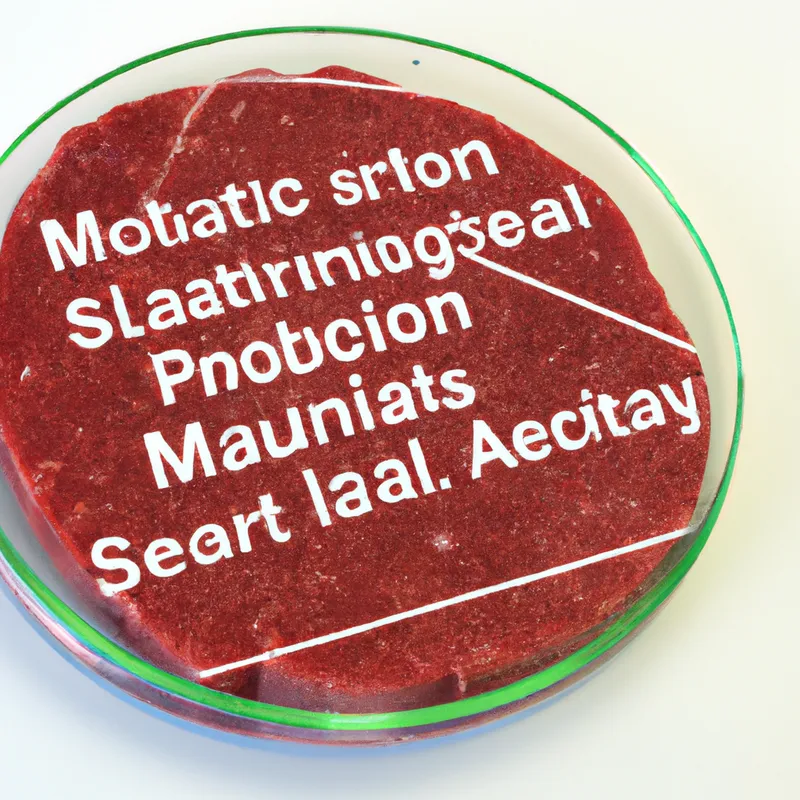

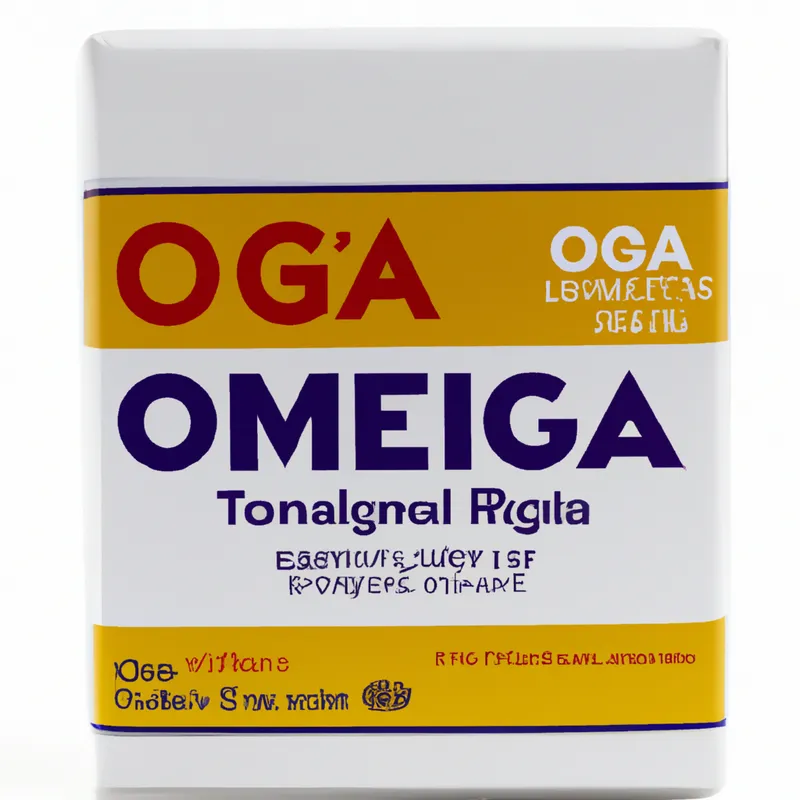


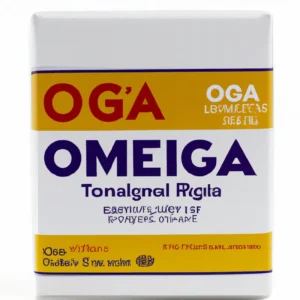


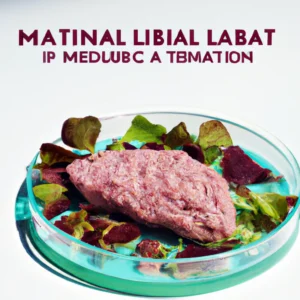





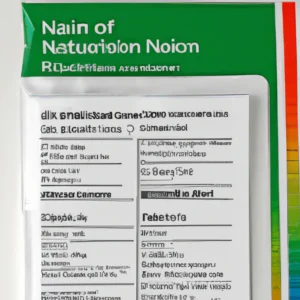
Post Comment